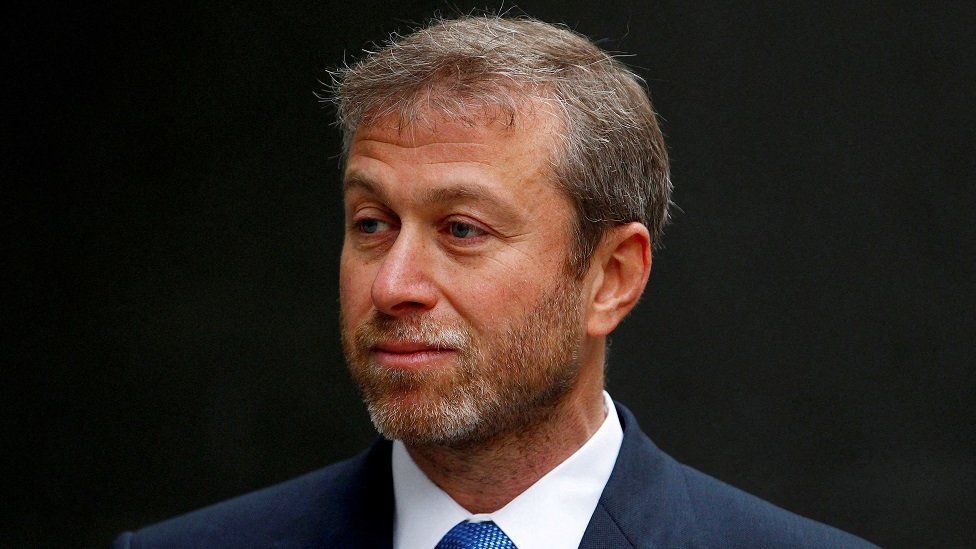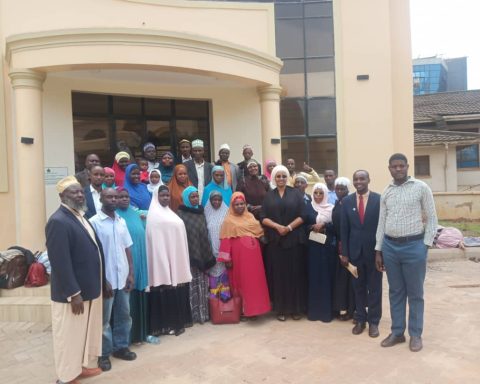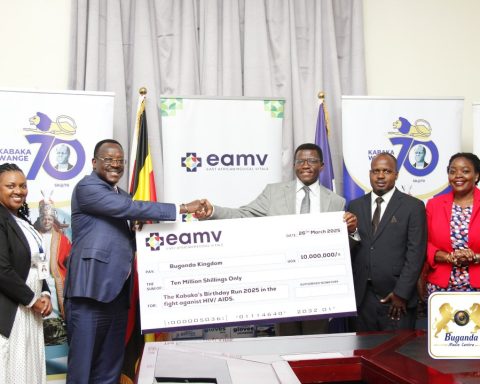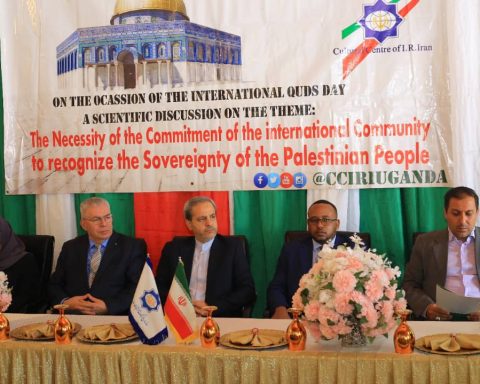Chelsea owner Roman Abramovich has suffered suspected poisonings along with Ukraine peace negotiators earlier this month, according to reports.
The 55-year-old, who is selling Chelsea while under government sanctions, showed symptoms including red eyes and peeling skin following peace talks in Kyiv, according to Wall Street Journal.
The oligarch and at two least Ukrainian negotiators developed symptoms, WSJ said, with a separate report from Belingcat saying that the incident occurred on the night of March 3. Those affected were examined the following morning after travelling west to Lviv and then the Polish border, the Bellingcat report added.
Abramovich has since been pictured in an airport in Israel on March 15 and WSJ said that he has recovered from the alleged attack. The attempted poisoning is reportedly being blamed on hard-liners in Moscow who they said wanted to sabotage talks to end the war. A spokesperson has been contacted for comment.
The report continues to state that western experts have looked into the incident and state that it was hard to determine whether the symptoms were caused by a chemical or biological agent or by some sort of electromagnetic-radiation attack.
This comes after Abramovich was sanctioned by the UK Government and listed Chelsea for sale.
The transfer of Chelsea’s ownership is expected to be completed in late April or early May after the bank that has overseen the sale on Abramovich’s behalf, the Raine Group, set a deadline of April 11 for the four shortlisted groups to submit final offers. Raine plan to submit an application to have the terms of the club’s operating licence changed by the government on April 18 with Downing Street demanding that no money goes to Abramovich.
A statement released by gov.uk states: “Given the significant impact that today’s sanctions would have on Chelsea football club and the potential knock on effects of this, the Government has this morning published a licence which authorises a number of football-related activities to continue at Chelsea.
“This includes permissions for the club to continue playing matches and other football related activity which will in turn protect the Premier League, the wider football pyramid, loyal fans and other clubs. This licence will only allow certain explicitly named actions to ensure the designated individual is not able to circumvent UK sanctions. The licence will be kept under constant review and we will work closely with the football authorities.”
![]()





























